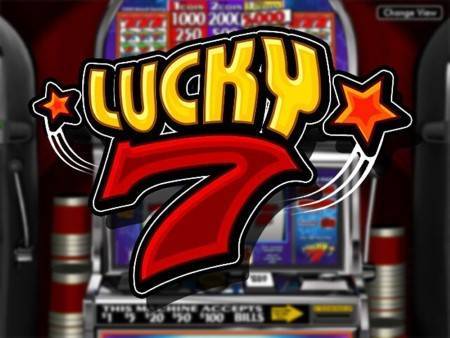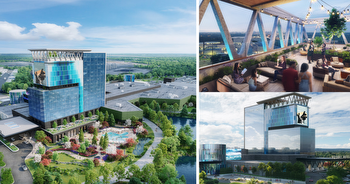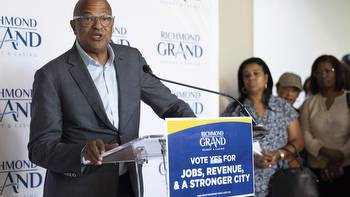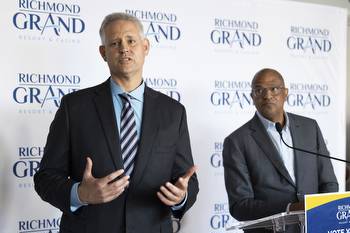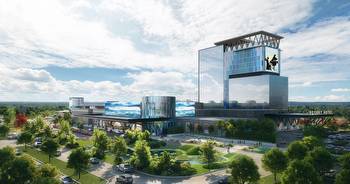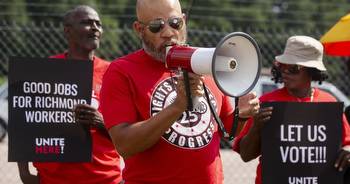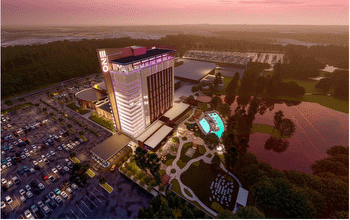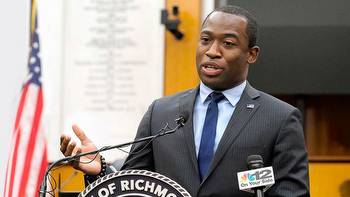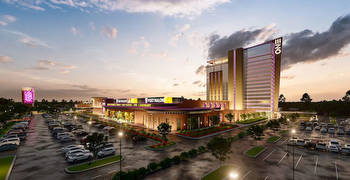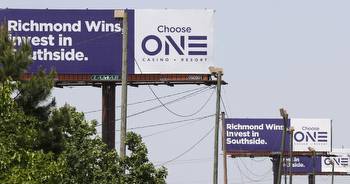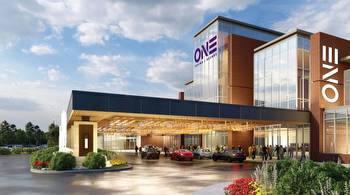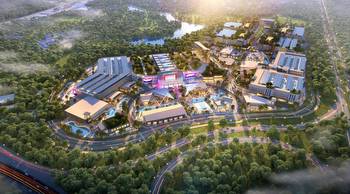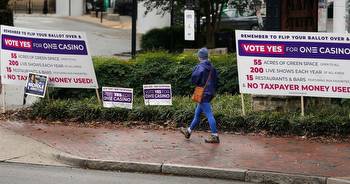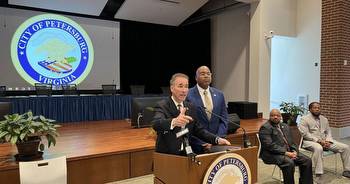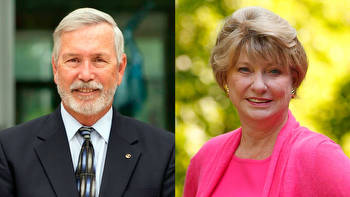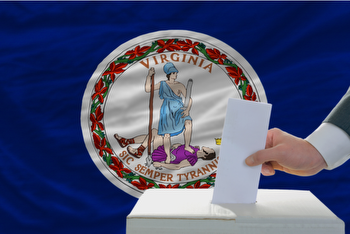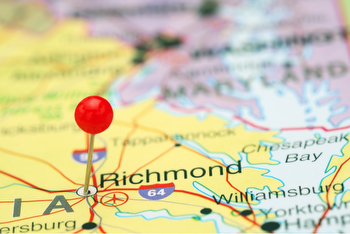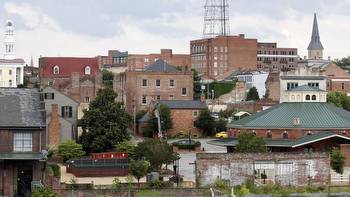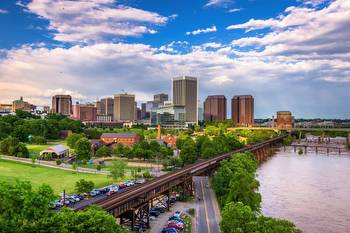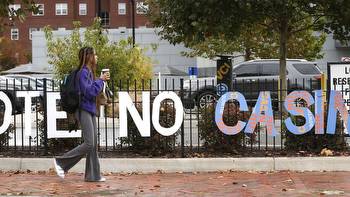Casino developers ask Richmond voters for a second chance, promising new jobs and tax revenue

Two years ago, voters in Virginia's capital city narrowly rejected a referendum that would have opened the door for a proposed casino.
Now, the developers behind a retooled project are hoping to change their minds.
Richmond officials have opted to bring the matter back to the ballot this fall for a second shot, and backers of the project held a news conference Thursday evening to formally unveil plans for the latest iteration of the proposed $562 million gambling and entertainment complex.
“We’ve been on quite a journey with this project, and we are excited that we are entering a new phase, a phase of reimagining, redesigning and rethinking and reinvigorating the opportunity here,” said Alfred Liggins III, CEO of development partner Urban One, Inc.
The project — this time branded the Richmond Grand Resort and Casino — would be located on the same former tobacco company site just off Interstate 95 in south Richmond that was identified in the first proposal. It's a joint venture between Urban One, a diversified media company; Churchill Downs, the Louisville-based operator of the Kentucky Derby that also runs gambling establishments across the country; and a number of currently undisclosed private investors.
Plans call for gambling options including slots, an on-site sportsbook and table games. The venue would include a 250-room hotel, a 55-acre outdoor park, dining options and a 3,000-seat concert venue, officials said at Thursday's event.
Boosters estimate the casino will deliver 1,300 permanent jobs, many of them union-covered, with an average $55,000 in annual compensation and benefits. Supporters said Thursday those types of jobs could offer a pathway to the middle class in a city where, according to one federal estimate, over a fifth of residents live in poverty.
An agreement with the city calls for a one-time upfront $25.5 million payment — officials are expected to disclose soon how they would use it — if the referendum passes, with another $1 million after financing closes. The developers are also pledging $16 million in charitable donations over 10 years and think the project will result in $30 million in annual tax revenue.
They say all that is possible without the type of taxpayer-funded sweeteners projects of a similar scale typically seek.
“We’re going to take a vacant industrial lot and transform it into a world-class resort casino and entertainment complex. And we’re going to do it without a single penny of taxpayer subsidies or incentives,” Liggans said.
The project will “change the economic trajectory of Southside for years to come,” Mayor Levar Stoney said in a statement Friday.
Meanwhile, opponents are organizing.
“This is something that exploits the poor, exploits the working class," said Paul Goldman, a longtime Democratic operative and activist who was deeply involved the previous anti-casino fight. He's formed a “No Means No Casino” referendum committee that he said is just beginning to ramp up its efforts.
A separate committee, calling itself the “Richmond Anti-Corruption League,” is being led by Victoria Cobb, president of the socially conservative Family Foundation of Virginia.
“We’re disappointed the people of Richmond are being forced to reiterate their desire to keep their community free from the destruction that comes in when a casino sets up shop,” Cobb said in a statement.
Other opponents recently brought an unsuccessful legal challenge.
In a brief interview after Thursday's event, Liggans responded to criticisms of casino industry by saying opponents should “be careful about making assumptions” about whether folks who gamble have the “capacity to actually manage their own lives and their own financial opportunities and entertainment choices.”
Churchill Downs CEO Bill Carstanjen said in the interview that developers plan to get the project moving “as fast as humanly possible," with construction of a permanent facility beginning immediately after the referendum, if voters give their sign-off.
There are no plans for a temporary casino — which developers in other Virginia cities have used — Carstanjen said. A first phase should be up and running within 30 months, he said.
Asked about the financing of the project, Carstanjen said the specifics would be finalized and made public after the referendum.
In 2020, Virginia politicians opened the door to casinos by approving legislation allowing five to be built around the state if the projects first secured voter approval. Supporters argued the casinos would be a dramatic economic boost to struggling areas.
Three have opened so far — in Bristol, Portsmouth and Danville — all relatively near the state's border with North Carolina, which is currently considering an expansion of casino gambling itself. A fourth is moving forward slowly in Norfolk.
After Richmond voters narrowly rejected the 2021 referendum, officials mounted an effort to bring it back last year. But nearby Petersburg, a economically distressed neighbor to the south, also began a push to change the gambling laws to let it have a shot instead.
The General Assembly in June 2022 passed a state budget that included a provision that said the capital city could not hold another casino referendum until 2023.
But lawmakers ultimately never signed off on legislation that would have let Petersburg hold a referendum. So after the pause, and with approval from a judge who issued an order this summer allowing the matter on the November ballot, the issue is moving in Richmond again.







